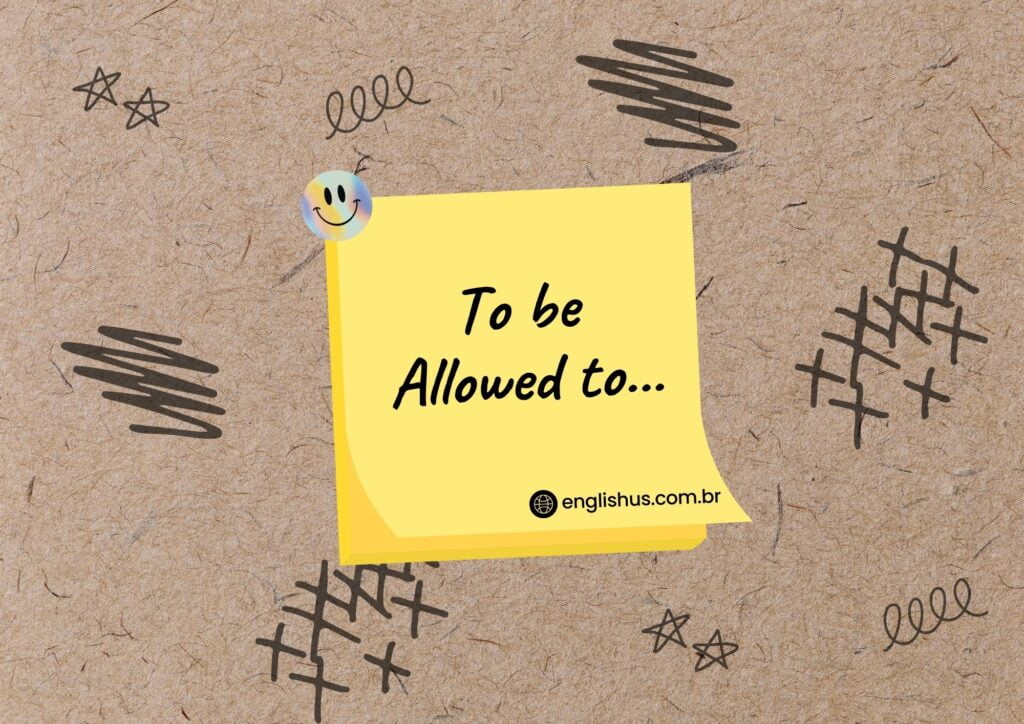Greetings, EnglishUs enthusiasts! Today, we’re delving into the world of grammar once again, exploring the fascinating realm of Reflexive Pronouns: Reflecting on Language. These little words play a big role in English, adding depth and clarity to our language. By the end of this article, you’ll have a solid understanding of how to use reflexive pronouns like a pro. Let’s dive in!
What Are Reflexive Pronouns?
Reflexive pronouns are special pronouns that reflect or refer back to the subject of the sentence. They are used when the subject and the object of the verb are the same person or thing. In simpler terms, they reflect the action back onto the subject.
List of Reflexive Pronouns
- Myself
- Yourself
- Himself
- Herself
- Itself
- Ourselves
- Yourselves
- Themselves
When to Use Reflexive Pronouns
Reflexive pronouns are used in several situations:
- Reflexive Actions: When the subject and object of the verb are the same person or thing.
- Example: I cut myself while cooking.
- In this sentence, “myself” reflects the action of cutting back to the subject “I.”
- Emphasizing the Subject: Reflexive pronouns can be used to emphasize or intensify the subject of the sentence.
- Example: She baked the cake herself.
- Here, “herself” emphasizes that she baked the cake independently.
- After Certain Prepositions: Reflexive pronouns are used after certain prepositions, such as “by,” “with,” or “for.”
- Example: He painted the picture by himself.
- In this sentence, “by himself” emphasizes that he painted the picture alone.
How to Form Reflexive Pronouns
Reflexive pronouns are formed by adding “-self” or “-selves” to the pronouns:
- Singular: Myself, Yourself, Himself, Herself, Itself
- Plural: Ourselves, Yourselves, Themselves
Common Mistakes to Avoid
- Confusing Reflexive Pronouns with Object Pronouns: Remember, reflexive pronouns are used when the subject and object of the verb are the same.
- Incorrect: She bought a gift for her.
- Correct: She bought a gift for herself.
- Using Reflexive Pronouns Incorrectly: Reflexive pronouns should only be used when the subject and object are the same.
- Incorrect: He washed himself and then he washed the dishes.
- Correct: He washed himself and then he washed his dishes.
Reflexive pronouns are an essential part of English grammar, adding clarity and emphasis to our language. By mastering their usage, you can enhance your communication skills and express yourself more effectively.
Congratulations! You’ve unlocked the secrets of reflexive pronouns. Keep practicing and incorporating them into your English conversations and writing. For more tips and strategies on improving your English, check out the ebook “The Personal Development through English Language.” This ebook is packed with practical advice and inspiring stories that will help you enhance your language skills and achieve your personal goals. It’s not just about learning English; it’s about using the language to unlock new opportunities and transform your life. So, grab your copy today and continue your journey toward becoming fluent and confident in English! For more information, click HERE!
Keep practicing, stay curious, and see you next time on EnglishUs!

